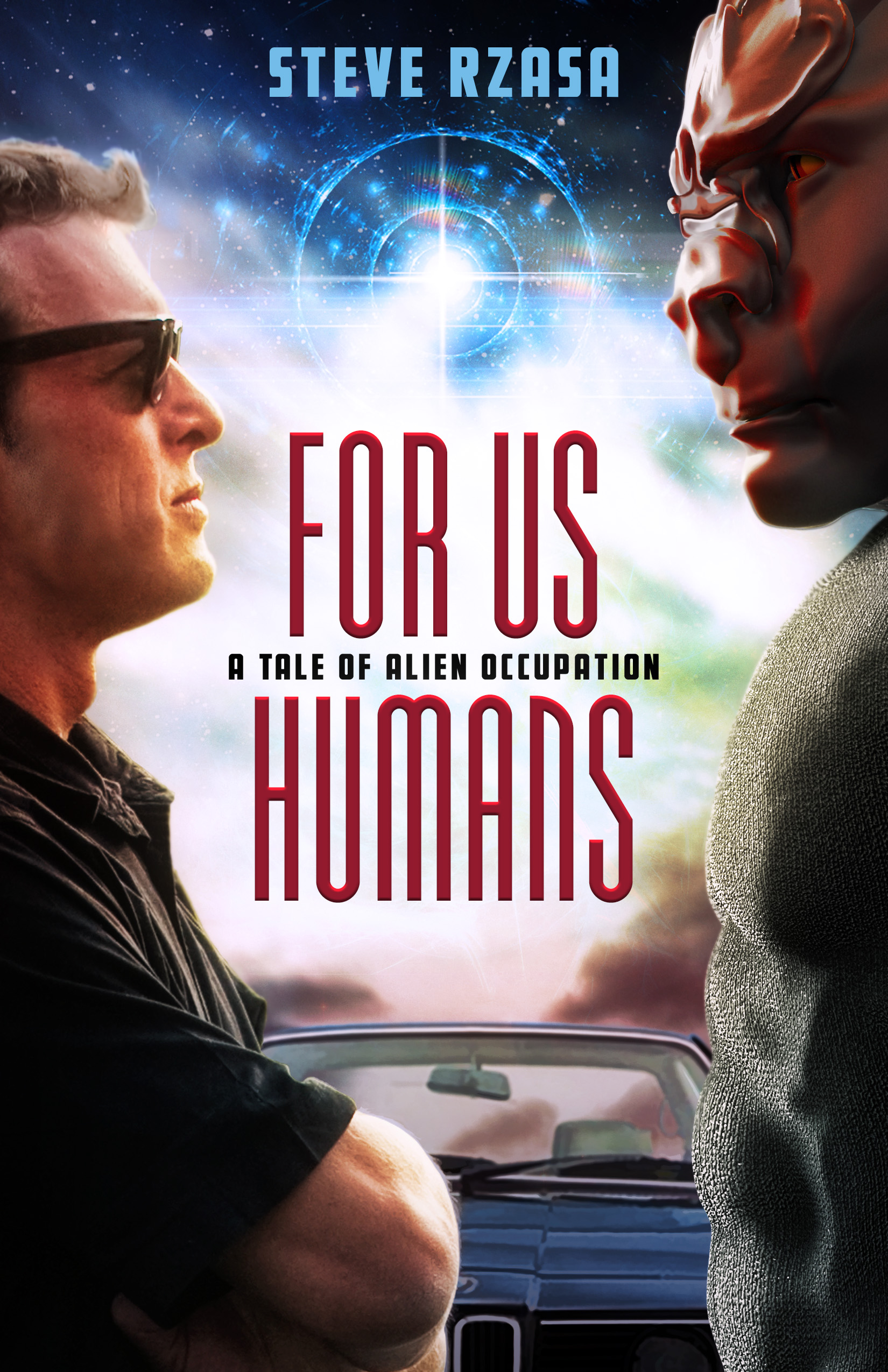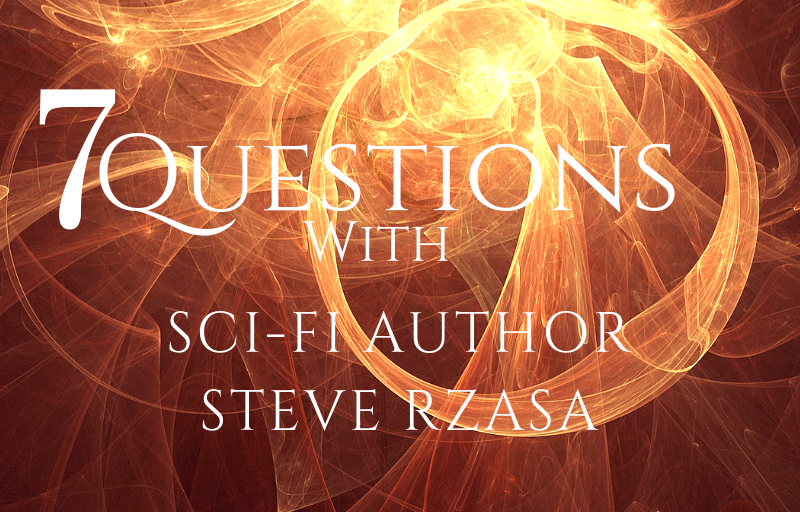This month we are excited to Steve Rzasa with us! Steve is the author of several novels of science-fiction, steampunk, and fantasy—with a bunch more in progress. His third novel, Broken Sight, received the 2012 Award for Speculative Fiction from the American Christian Fiction Writers. The Word Reclaimed (Enclave, 2009/2016) was a finalist for that award. The Word Endangered (Enclave, 2016) and Man Behind the Wheel were also finalists for the Realm Award. He’s been a journalist and librarian, father and husband. (You can check out his novels with Enclave here.)
Welcome, Steve!

1) If you could travel anywhere for book research (all expenses paid) where would you go and why?
I would love to spend several months visiting every state in our nation. I’ve been to a minority, some of which I’ve only driven through, so the chance to spend a few days in each one of the fifty would help me gain a better understanding of the United States. The exposure to the intersection of myriad local cultures would improve my writing substantially and would be helpful in seeing what people are really like. Too often, we form our opinions of people groups based on what we read online, which may or may not be exaggerated—or downright untrue.
Come to think of it, I’d probably need a year if I was going to do all 50!
2) Do you listen to music while you write? If so what are some examples?
I have a hard time writing without music, so, yeah, I listen to tunes. As for examples, well, that depends on the story! Writing For Us Humans involved a lot of late 1990s and early 2000s pop and rock, especially the selection of Green Day songs on my playlist, because the band’s snide, snarly attitude fits Caz’s personality. On the flip side of that, I spent a lot of time listening to the Legend of Zelda 25th Anniversary album that was recorded by a grand orchestra while writing The Lightningfall. It’s a tremendous score for anyone who’s brainstorming epic fantasy. For my latest projects, the Mercury Hale monster slayer stories, I lean toward the soundtracks from both Guardians of the Galaxy films—the 1970s and 1980s mix tapes—plus the hip-hop selections from Marvel’s Luke Cage series. But I switch over to the pulse-pounding, tense scores from the Daredevil show for fight scenes in that story. My tastes in music vary from moment to moment and day to day, and when I switch over to space opera, it’s back to the various Star Trek and Star Wars soundtracks tucked into my collection.
3) How would you like to be remembered?
I would like to be remembered as a husband, a father, a friend, a colleague, and a dreamer, someone who did his best to be there for the people who occupied special places in my life. I’d like people to read my work, years after I’m gone, even if it’s only my son showing a worn-out, tattered copy of my first book to his grandchild.
4) What is your favorite thing you have ever written?
This is the hard one. Like, “Which of your children is your favorite?” I’ve had a blast writing every story I’ve ever churned out. Some are more fun than others, while a few have been emotionally draining.
Right now, it’s a tie between For Us Humans, which Enclave just released in August, and Airfoil: Origins, the superhero I have coming out with The Crossover Alliance later this year. For Us Humans was perhaps my most philosophical novel, tackling questions about the soul and faith and alien life, with fatherhood thrown into the mix. Caz Fortel is a troubled man, and his journey through the wreckage of his spiritual life to a place of redemption was incredibly satisfying. By the same token, I poured out my heart in Airfoil, which features a single father dealing with grief at his wife’s untimely passing and the impending closure of the local library where he works. The twist, of course, is that he becomes a superhero and faces not only an implacable enemy, but an ally who wants him to stay in the shadows as a secret weapon for a shadowy group that’s influenced history for centuries.
For Us Humans edges out Airfoil as my favorite, if you really force me to choose. But it’s Airfoil I daydream about.

5) Besides speculative fiction, what other genre would you like to write in?
I’d love to write in every genre there is. So far, I’ve done science-fiction, cyberpunk, space opera, steampunk, superhero, epic fantasy, and urban fantasy. If you add my short stories, I’ve also done straight-up contemporary fiction. I’m toying with a couple ideas for contemporary, but the problem is, I have a difficult time getting interested in my own stories when they don’t feature elements of the fantastic. I’ve tried and given up on a couple ideas for that very reason. Part of the appeal of For Us Humans and Airfoil, as well as my current Mercury Hale work in progress, is that they take place in the modern day, so 90 percent of what I write is normal stuff. It’s the ten percent of the astounding, the sci-fi, the downright magical, that makes the story engaging for me.
6) What is the last book you read?
The last book I read was J.J. Johnson’s short thriller Compulsion. I’d met J.J. at Realm Makers last year and found out about his works at this year’s conference. It’s a taut psychological thriller that keeps you turning pages, literally. I read it during a couple mornings over breakfast and am sorely tempted to go back and read it a second time. That’s the mark I award to a great story.
7) What is your favorite part about writing?
My favorite part of writing is sitting down and starting on a new story, and while I know how it’s going to end, I don’t have a clue what the characters are going to do or say. Sometimes, they do what I have in mind. Other times, they take actions that surprise me and say things they shouldn’t have—but then again, don’t all of us? That’s why I don’t have a problem when characters do things that are, well, out of character, provided there’s an explanation later or at least a hint of why they did what they did.
***
If you haven’t already checked out Steve’s books, then drop everything and go read them now! And here’s where you can find Steve online:


